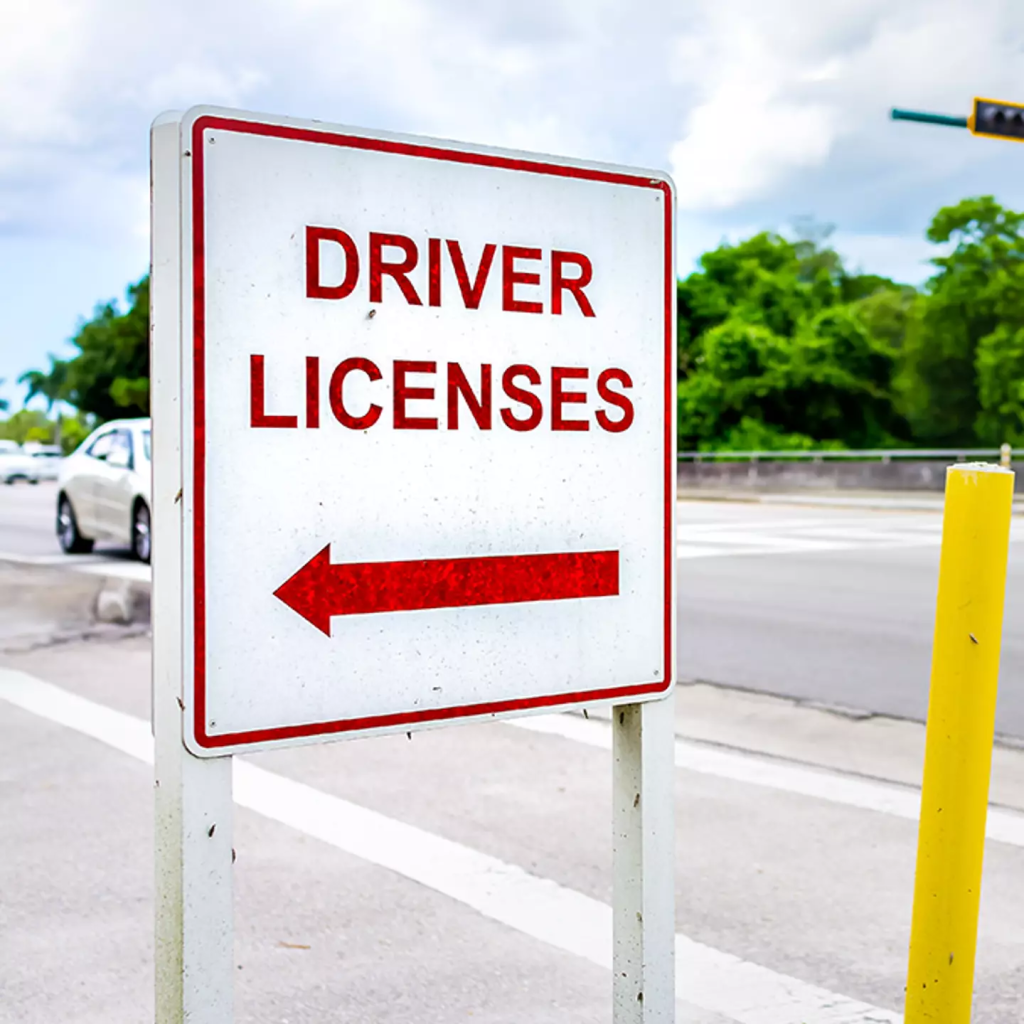Driving isn’t just about getting from point A to B—it’s a symbol of independence, especially for older Americans. But starting October 1, 2024, the California Department of Motor Vehicles (DMV) is rolling out a new set of rules that could quietly sideline millions of senior drivers. If you—or someone you love—is over 70, this announcement might change how you drive… or even if you drive.
Let’s break it down, no legal jargon or red tape—just the facts that matter.

Why the DMV Changed the Rules
You may be wondering: “What’s behind this sudden policy shift?” Simple—efficiency and safety. The DMV says it’s making these changes to cut down on long wait times and to better prioritize in-person services for people who really need them.
According to DMV Director Steve Gordon, this move will free up resources for those who have medical or administrative concerns, rather than making everyone—especially healthy seniors—jump through hoops.
But there’s a catch…
Video: California DMV New Rules | Driving License Retest Rules California | New Senior Citizens DMV Rules
The Written Test is Out, but It’s Not a Free Ride
If you’re 70 or older and have a clean driving record, you no longer need to take the dreaded written renewal test in California. That’s right—no more test prep stress. It sounds like a win, and for many, it is.
However, seniors must still visit the DMV in person for two crucial reasons:
- A vision test to ensure you’re still seeing clearly behind the wheel.
- A new photo for your updated license.
The goal? To make sure everyone on the road is sharp, safe, and current.
Why Some Might Lose Their Licenses

Here’s where things get serious. While some requirements are being eased, the DMV has also doubled down on medical evaluations.
If a senior driver is found to have any condition that may impair their ability to drive safely—such as dementia, epilepsy, or other neurological disorders—their license could be suspended or revoked. No exceptions.
This isn’t about age discrimination; it’s about public safety. In 2024 alone, over 400 highway accidents in California involved older drivers. The DMV isn’t taking any chances.
So while the written test might be off the table, your overall health and awareness behind the wheel are still under review.
The Bigger Picture: An Aging Driving Population

Let’s talk numbers for a second. Seniors now make up 22% of licensed drivers in the U.S.—a 40% increase from just 10 years ago. That’s a huge demographic shift. As people live longer and healthier lives, many continue driving well into their 70s, 80s, or even 90s.
But aging brings new challenges—slower reaction times, vision issues, and memory lapses. The DMV’s new rules are a balancing act between keeping the roads safe and respecting the independence of older adults.
Online DMV Services: What’s Already Gone Digital
Video: DMV Senior Written Test 2024 [UPDATED] Exclusive 35 Question Breakdown
While license renewals for seniors still require an in-person visit, the DMV has been steadily shifting other services online to ease congestion at local offices.
Here’s what you can now do from your couch:
- Renew your vehicle registration
- Order replacement titles
- Update your address or insurance info
- Schedule in-person appointments (a must if you’re over 70)
This digital transition is part of the DMV’s broader mission to modernize. Less waiting in line, more clicking from home.
What This Means for Families of Senior Drivers
If you have a parent or grandparent who’s still driving, now’s a great time to check in. Have an honest conversation about:
- How comfortable they feel driving
- Whether they’ve had any close calls or confusion on the road
- Their vision, memory, or mobility changes
- Plans to visit the DMV for a vision test and photo update
This isn’t about taking away the keys—it’s about being proactive. No one wants a scary phone call that could’ve been prevented.
What You Can Do to Stay Licensed and Safe

If you’re a senior driver in California, or heading in that direction, don’t stress. There are easy steps you can take to stay road-ready:
- Get your eyes checked annually—before the DMV tells you to.
- Stay up to date with medical checkups, especially if you’ve been diagnosed with any condition that might impair driving.
- Drive regularly—skills fade with disuse.
- Be honest about your comfort level on highways or at night. It’s okay to adjust your habits.
- Bring all necessary documents to the DMV when it’s time to renew. That includes proof of residence, identification, and any required medical paperwork.
Will Other States Follow California’s Lead?
California tends to set the trend when it comes to regulatory change. So don’t be surprised if states like New York, Texas, or Florida soon adopt similar rules for their growing senior populations. With the aging baby boomer generation, states nationwide are rethinking how to keep older drivers on the road—safely.
The question isn’t if the trend will spread, but how fast.
Conclusion: A Wake-Up Call for Aging Drivers
The DMV’s new rules are more than just a policy tweak—they’re a reflection of a larger shift in how we view aging, independence, and road safety. While the removal of the written test for seniors offers a sigh of relief for many, the added scrutiny around medical conditions serves as a reminder that driving is a privilege, not a guarantee.
Whether you’re approaching 70, helping a loved one through the process, or just want to stay informed, one thing is clear: being prepared, proactive, and honest about your driving ability is the best way to stay safe and licensed in today’s rapidly changing world.


